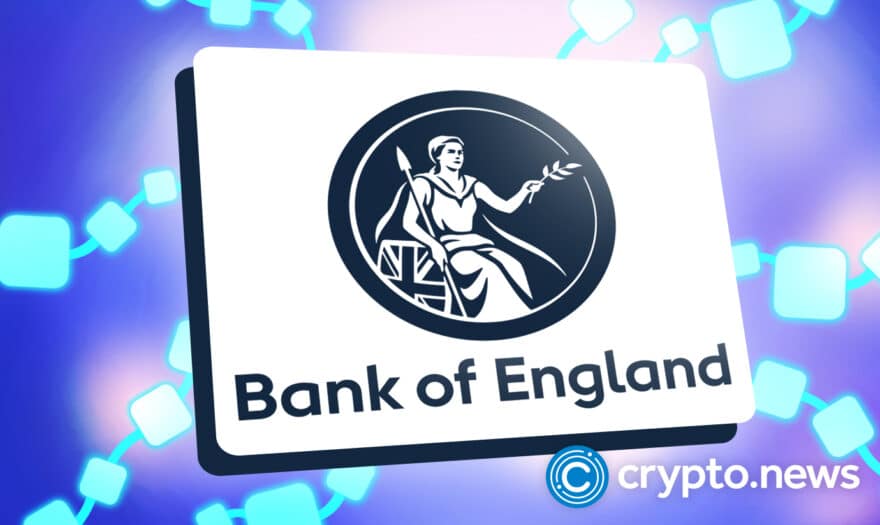Former Fed Official Refutes BoE Governor’s Suggestion to End Dollar Dominance

Ex Federal Reserve senior official, Simon Potter, has rebutted against Mark Carney’s recent suggestion to introduce a digital currency to be used as the global reserve currency for international settlement. According to BNN Bloomberg, Potter believes there are numerous benefits countries receive for using the dollar to settle international trade balances, September 26, 2019.
A Dollar Based Monetary System
Simon Potter doesn’t believe that a global digital currency will hold good relative to the current system where the U.S. dollar is used to settle transactions.
The main premise of his argument is that the United States has massive, liquid financial markets that benefit countries all over the world. Moreover, he emphasized that dollarization helps keep one currency as the base for everything else, making settlement and comparisons just that much easier.
After rubbishing claims that the dollar’s hegemony over capital markets is a bad thing, Potter goes on to talk of how a strong dollar aids other countries by helping them settle debts in a currency that appreciates against their own.
This point, of course, does not hold for the likes of Europe, U.K., Switzerland, and other low-interest rate countries.
However, Carney and Potter seem to agree that private sector currency is incredibly dangerous, and policymakers should retain control of the global monetary system.
Missing the Point
Potter puts coherent points across, but he seems to be underestimating the benefits of a global reserve asset that isn’t tied to a single economy.
Firstly, the Libra-esque currency proposed by Mark Carney would also serve as the base for any and all transactions; so Potter’s point about easy settlement and comparison is moot.
Second, Europe and the United States have the most liquid capital markets. The current dollar regime allows easy access to the United States, but not Europe. Carney’s hypothetical digital currency would be a global asset, untied from sovereign boundaries, meaning it would allow for access to highly liquid capital markets of Europe and the United States as well as money markets in Tanzania and Bulgaria.
The point of suggesting a global asset is to reduce dependency on the United States’ success. By doing this, it would bring the global structure to level pegging, rather than a completely U.S. dominated system.













